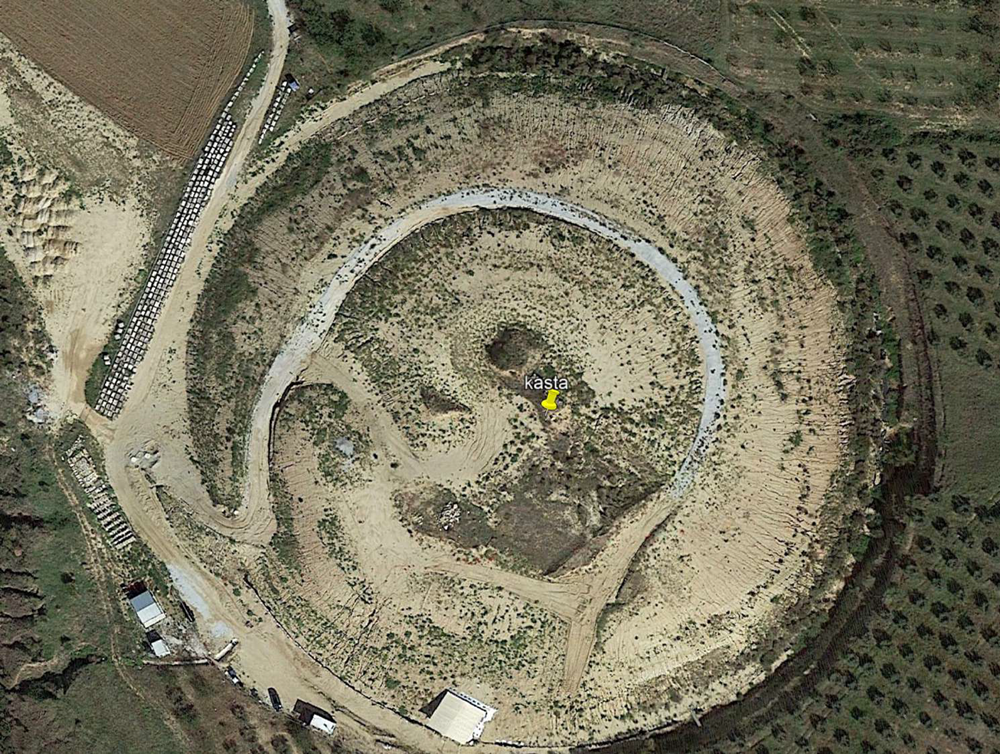
The didactic restoration of part of the ancient enclosure of the Κasta Tomb, which is being implemented by the Directorate for the Restoration of Ancient Monuments of the Ministry of Culture, as part of the project of fixing and restoration of the monument, is completed.
Based on the approved architectural study by architect Michael Lefantzis, 25 scattered marble elements from the 375 that, in 2019, were collected, grouped and arranged in the west of the Tomb, stacked in groups according to the type and dimension to which they belonged in the ancient masonry, were identified and attributed to their original position.

As stated by the Minister of Culture Lina Mendoni, “these 25 architectural members, return to their original position after 21 centuries, having been moved, at times, kilometres away from the monument, bearing the ravages of time, but also damage to their surfaces, from human interventions, due to repeated changes of use. In order to preserve their authenticity, the scattered marble elements have been placed in their places of identification as they are, without any additions, so that they will always bear witness to their long history.
For the attribution of the members to the place where they belonged, architectural documentation of the scattered material and the counter-material was carried out, which indicated that the greatest heights of the members belong to the southern part of the enclosure, near the Burial Monument. Also, a key attribution parameter was the change in the direction of the stumps and levers, indicating the opposite direction in which the members of the enclosure were placed by at least two different crews during its construction.
From the study it emerged, that the point at which the members were assigned, in the southern part of the enclosure and 22 m. west of the Burial Monument, ended up the two opposite, each other, times of placement, during construction.
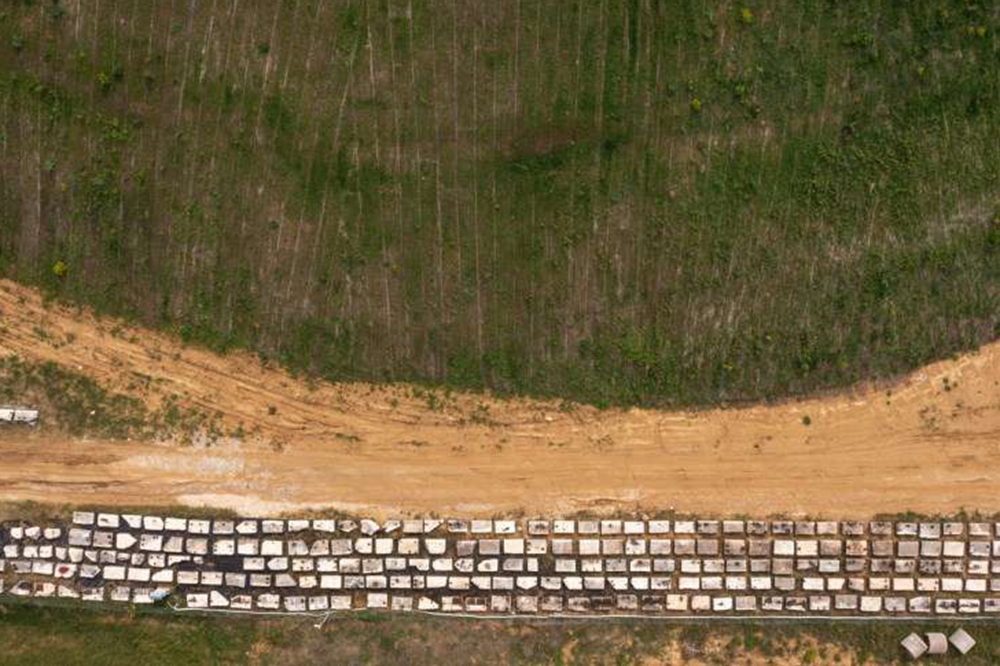
The majority of the marble members are in good structural condition, except for two: one upright and one base with broken parts, which did not require filling for their installation.
For the support of the marble elements, artificial stone was added to the broken missing masses of the missing lithoplintes of the marble antithesis and the lathes and grooves of the ancient links were reused.
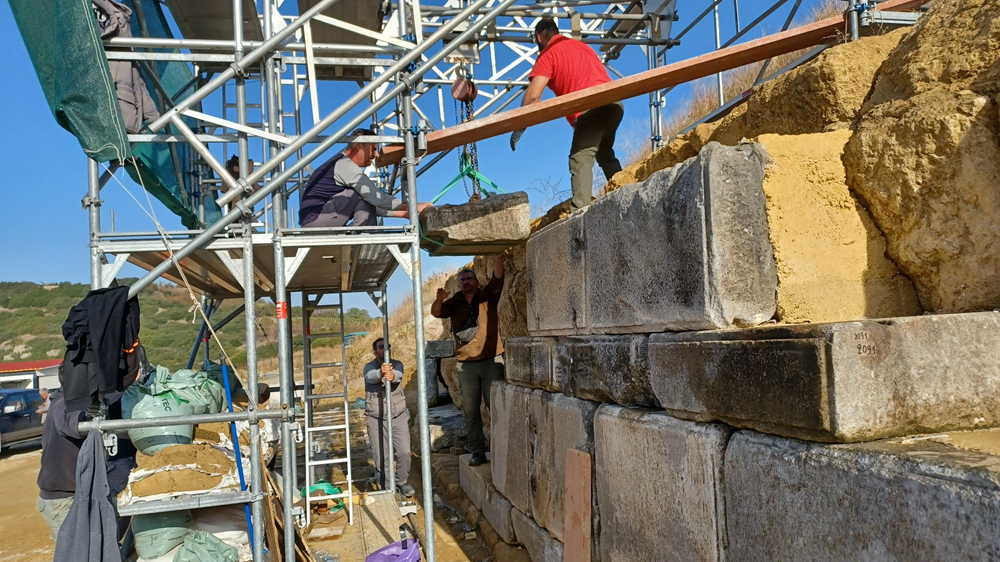
In the execution of the project, decisive role played, the assistance of the 6 most experienced marble craftsmen of the Ministry of Culture that came from the South Cliff of the Acropolis of Athens in Amphipolis for the timely completion of.
In the framework of this project, the Directorate for the Restoration of Ancient Monuments continues the work of fixing and restoration of the Tomb Monument and the outer shell of Area 1.

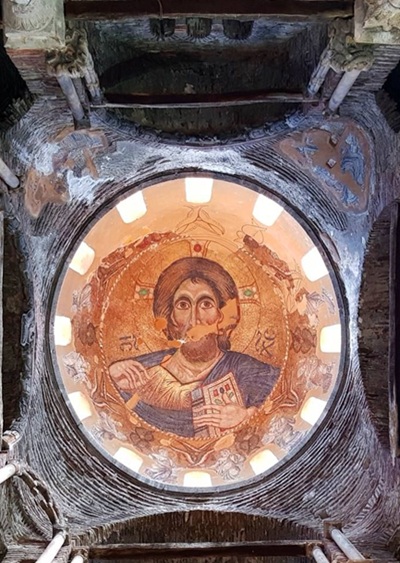
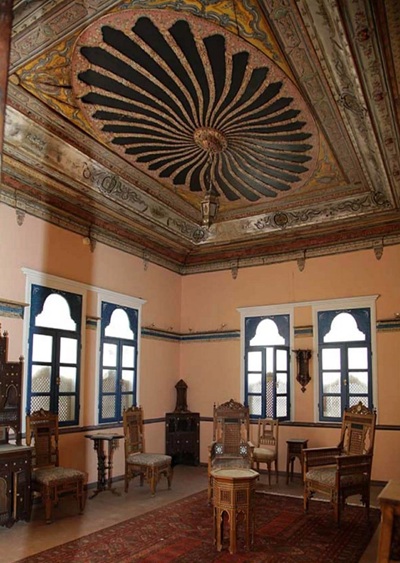
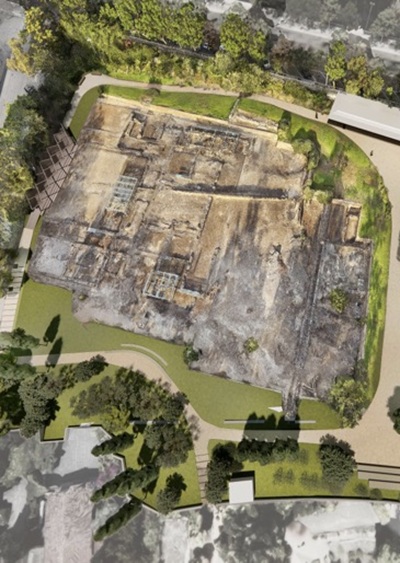
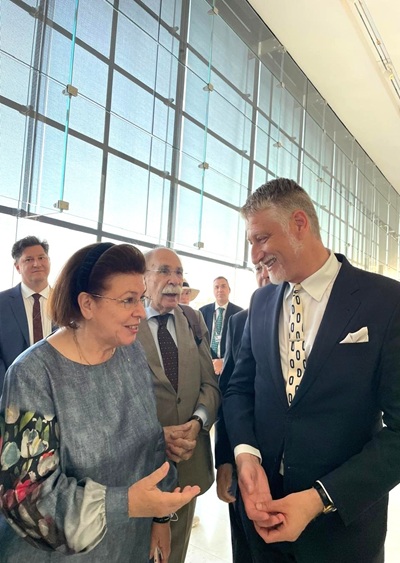


Leave A Comment